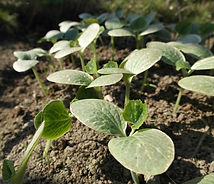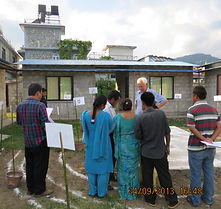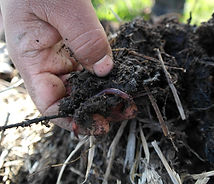
MAITREYA

PATHSHALA




WELCOME TO MAITREYA
Rudolf Steiner has mentioned that Maitreya means “future Buddha” who is going to come in this world to save the world. Maitreya Buddha is waiting for the right time, right place and right people to lead and propagate the spiritual rule in the world in the future. So Maitreya Waldorf School is opened in Pokhara to make the right people and right place during right time for Maitreya Buddha.

BIODYNAMIC FARM

About
Worldganic farm house is the first farm who practices biodynamic principles in Pokhara city which is a beautiful city in Nepal. The farm started in April 2012 with the collaboration of 6 young enthusiastic people. They are Ritman Gurung, Bishnu Sherchan, Babita Tulachan, Asha Dura, Sofiya Sherchan and Pema Gurung. The farm is 7 arcs of land. The farm grows vegetables such as tomato, cabbage, cauliflowers, beans, basil, mint, corn, potatoes, salads, spinach, grasses for the cows, etc. The farm holds 20 milking cows. The farm had organized biodynamic seminars which is basic introductory course for the farmers with the help of Hans Mulder from New Zealand.





Cow Farm
The Worldganic farm has 20 milking cows and 5 calves. The cows have become accustomed to spending their nights in simple sheds. During the day, they are let out to freely graze on the organic pastures.
We milk the cows twice daily and are conscious of the need for a high level of hygiene at all times when milking the cows and processing the milk for delivery. It is our strict policy not to process or sell milk from sick cows.
Vegetable Farming
Worldganic farm has fifteen green houses and we produce a wide variety of vegetables such as cabbage, cauliflower, mint, lettuce, tomato, corn, spinach, basil, and seasonable vegetables. We have transplanted many fruit trees and other trees around the farm as well as producing fodder for the cows.
The farm is practicing biodynamic (BD) principles that includes preparing soil and plant ‘preparations’, such as BD 500 and importing BD 502-507 from India.

Biodynamic Seminar
When Hans van Mulder, the New Zealand biodynamic expert, visits Nepal, the Worldganic biodynamic/organic farm organises a seminar. The Worldganic farm has been organizing BD Seminars with Hans van Mulder since 2010.

For Seminar Contact To: Rit Gurung

Compost Making
Worldganic farm is making BD compost heaps incorporating BD preparations 502-507. Each month, the compost is created from the waste from the farm and the cow dung. The farm is producing 20 tons of compost each year.
‘Cow pat pit’ (CPP) is made from cow manure collected from our small herd of cows grazing on good organic pasture. The fresh manure is mixed with ground eggshell and basalt dust, incorporating BD preparations 502-507. It is then placed in a pit to undergo aerobic decomposition for three months. The result is CPP, rich brown humus with forest-floor fragrance The process produces 450kg of CPP for the farm.
Liquid manures are made from Stinging nettle, cow dung, weeds, neem. etc. The BD preparations are also used in liquid manure as with CPP.
The farm sprays BD preparation 500 four times a year, which is produced on the farm.